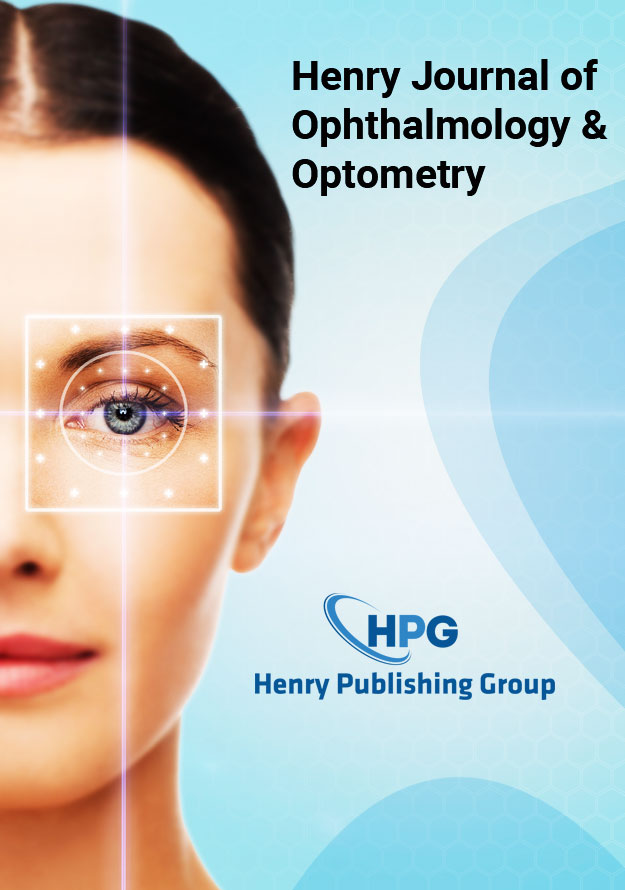*Corresponding Author:
Edward John Ridyard,
Yorkshire Teaching Hospitals, UK
E-mail: edward-ridyard@doctors.org.uk
Since March 2020 as clinicians we have seen a radical change to how outpatient clinics operate. Long queues of patients waiting to answer COVID-19 symptom questionnaires as well as the unnerving sight of socially distanced waiting areas are now the norm. Clinicians have had to adapt to this new way of working whilst constantly being under threat of redeployment or a sudden change to their working pattern.
However despite the dramatic change to how clinics are run during the pandemic I have noticed some positive changes to my experience as a trainee. As an Ophthalmology trainee I was redeployed during the first wave. This was a very stressful and anxiety-provoking time and I was able to witness firsthand the incredible work the medical and acute specialties are doing in treating COVID patients.
In Ophthalmology the majority of our work outside of theatre is outpatient clinics and when I returned from redeployment I soon noticed that clinics seemed more organised and controlled. What’s more with the new changes patients seemed more relaxed and at ease despite everything that was going on in the outside world.
I decided to explore this further and did a survey asking the patients about their feelings towards clinics during the pandemic. Interestingly the majority (over 90%) felt there was a positive improvement in their clinic experience, citing reduced waiting times, less crowded clinic rooms and a more organised atmosphere as the reason for this.
I must say these were very similar to reasons I felt my experience as a trainee had improved also. More organised and controlled clinics mean more time to take a history as well as talking to patients. Senior colleagues also have more time so are able to take the time to discuss cases in depth and do ad hoc teaching. With the opportunity to ask more questions patients are much more satisfied as well as grateful just for being seen during the pandemic and this has dramatically improved morale.
Studies have focussed quite rightly on the challenges the pandemic has placed on training for different healthcare specialties [1-4]. I must also say from my point of view it hasn’t all been all positive either: as a surgical trainee we have seen a reduction in available theatre lists and as a result surgical numbers have suffered. However drawing positives from a situation that otherwise seems hopeless there have been some positive changes to training during the pandemic. I wonder if anybody else has had a similar experience to my own?.
Acknowledgements
Miss Salina Siddiqui, Consultant Ophthalmologist
Mr Galloway, Consultant Ophthalmologist
References
- Early NK, Gerber DK, Spencer R (2020) Impact of COVID-19 on Residency Training. Sr Care Pharm 35: 473-475.
- Virarkar M, Jensen C, Javadi S, Saleh M, Bhosale PR (2020) Ra- diology Education Amid COVID-19 Pandemic and Possible Solu- J Comput Assist Tomogr 44: 472-478.
- Sandhu P, Wolf M (2020) The impact of COVID-19 on the under- graduate medical curriculum. Med Educ Online 25: 1764740.
- Deery C (2020) The COVID-19 Pandemic:Implications for dental Evid Based Dent 21: 46-47.
Citation: Ridyard EJ (2021) Training during COVID-19: Some Unexpected Positives? J Ophthal Opto 3: 008.
Copyright: © 2021 Ridyard EJ. This is an open-access article distributed under the terms of the Creative Commons Attribution License, which permits unrestricted use, distribution, and reproduction in any medium, provided the original author and source are credited.


